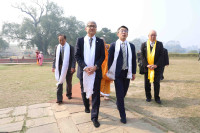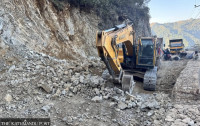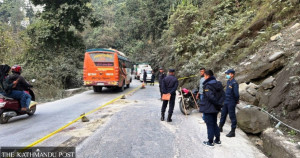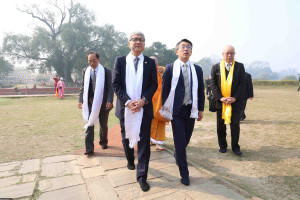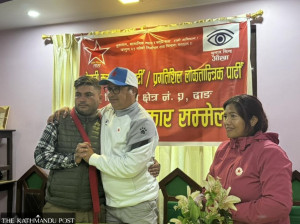Lumbini Province
Conflict victims in Dang express their mistrust on Truth and Reconciliation Commission for justice
Conflict-era victims who attended an interaction programme held in Tulsipur last Wednesday say justice delayed is justice denied.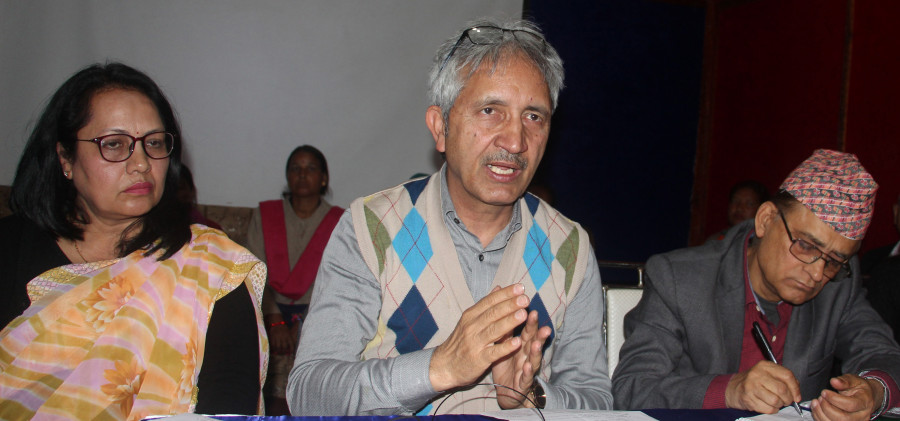
Durga Lal KC
One of the attendees was Aasha Chaudhary, a resident of Katkuiya in Tulsipur, who was arrested by the police in 2000 for “being a Maoist”. The 15-year-old was kept in police custody for three months. After her release, the fourth-grader quit her studies, and she was married off by her guardians. It has been over a decade since the insurgency (1996-2006) ended, but Chaudhary still remembers her time in jail. The physical and mental torture she suffered at the hands of the police still haunts her.
For Chaudhary and most of the attendees at the programme, the delivery of justice seems far-fetched.
“What has the commission done in the past five years? I submitted an application to the commission four years ago. What became of it?” Chaudhary questioned the officials. “You ask us the same questions again and again to what end? We are tired of repeating our plight. Justice delayed is justice denied.”
Sita Basnet of Dangisharan in Dang, who lost her husband in the insurgency, said she does not expect to get justice anymore.
“There is no point in hosting these programmes. I came here hoping for concrete answers, but this has only succeeded in opening old wounds,” she said. “The perpetrators of the crime against us are in the government now. How is justice possible?”
Khuma Budhathoki, whose son, a police officer, was killed by Maoist rebels, said such ‘meaningless’ programmes only made her recall the incident that changed her life.
“There is little hope of justice for us. I will not attend these programmes henceforth,” said Budhathoki, a resident of Bijauri.
The officials at the programme did not give any concrete answer to address the grievances of the victims.
“We do technical work only. It’s the state’s responsibility to deliver justice to the victims. Ours is to do the groundwork,” said Ganesh Datta Bhatta, the chairman of the commission. Along with Bhatta, commission members Govinda Gautam, Bishnu Pokharel, Mana Dahal and Prachandaraj Pradhan were present at the programme.
According to Bhatta, the commission received around 65,000 applications seeking justice.
“The concerns of the victims must be addressed soon. We understand that if these problems remain unresolved, the conflict will be institutionalised,” said Bhatta.
The Truth and Reconciliation Commission and the Commission of Investigation on Enforced Disappeared Persons were formed in February 2015 to investigate the cases with gross human rights violation by both sides during the armed conflict, and to provide justice to the victims. The commissions were without staff since mid-April, 2019, as the officials were relieved of their duties after they failed to make effective progress in investigating war-era cases. Following an agreement between the ruling Nepal Communist Party and the primary opposition Nepali Congress in January 2020, a committee formed to recommend officials for the two transitional justice commissions has finalised 10 names for the commissions.
Nepal’s transitional justice process has dragged on for more than a decade. The international community and human rights organisations have time and again called on the government to conclude the transitional justice process, but there has been a lack of political will.




 13.12°C Kathmandu
13.12°C Kathmandu


